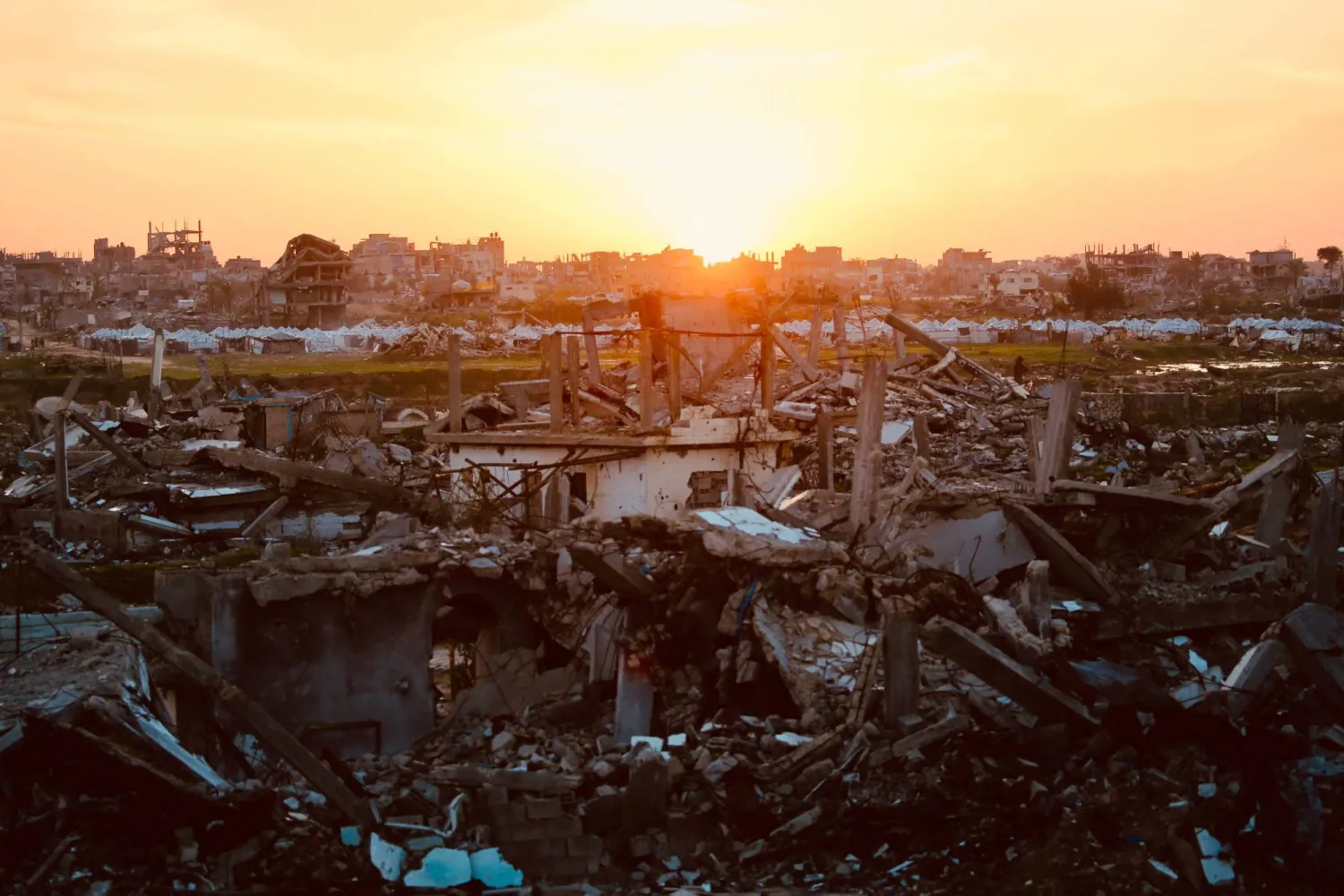Hamas leader Ismail Haniyeh was killed in Iran on Wednesday, the Palestinian armed group Hamas and Iran's Revolutionary Guards said in separate statements.
Here are reactions:
ABDUL SALAM HANIYEH, SON OF ISMAIL HANIYEH: "My father survived four assassination attempts during his patriotic journey, and today Allah has granted him the martyrdom that he always wished for.
"He was very keen to establish national unity and strived for the unity of all Palestinian factions and we affirm that this assassination will not deter the resistance, which will fight until freedom is achieved."
IRANIAN FOREIGN MINISTRY SPOKESMAN NASSER KANAANI: "Haniyeh's martyrdom in Tehran will strengthen the deep and unbreakable bond between Tehran, Palestine, and the resistance."
QATAR FOREIGN MINISTRY STATEMENT: "Qatar strongly condemns the assassination of Dr. Ismail Haniyeh in Tehran and considers this a heinous crime and a dangerous escalation, as well as a major violation of international and humanitarian laws.
"The foreign ministry affirms that this assassination and Israel's reckless, continuous targeting of civilians in Gaza will push the region into a circle of chaos, as well as limit the prospects of peace."
DEPUTY RUSSIAN FOREIGN MINISTER MIKHAIL BOGDANOV: "This is an absolutely unacceptable political murder, and it will lead to further escalation of tensions."
SAMI ABU ZUHRI, SENIOR HAMAS OFFICIAL: "This assassination by the Israeli occupation of Brother Haniyeh is a grave escalation that aims to break the will of Hamas and the will of our people and achieve fake goals. We confirm that this escalation will fail to achieve its objectives.
"Hamas is a concept and an institution and not persons. Hamas will continue on this path regardless of the sacrifices and we are confident of victory."
TURKISH FOREIGN MINISTRY: "We offer our condolences to the Palestinian people who have given hundreds of thousands of martyrs like Haniyeh in order to live in peace in their own homeland, under the roof of their own state.
"It has been revealed once again that the Netanyahu Government has no intention of achieving peace.
"This attack also aims to spread the war in Gaza to a regional level. If the international community does not take action to stop Israel, our region will face much greater conflicts."
MALAYSIAN FOREIGN MINISTRY: "Malaysia unequivocally condemns all acts of violence, including targeted assassination, and urges all peace-loving nations to join in denouncing such acts.
"The incident underscores the urgent need for de-escalation and reinforces the necessity for all parties to engage in constructive dialogue and pursue peaceful resolutions."
AREEPEN UTTARASIN, VETERAN THAI POLITICIAN AND FORMER GAZA HOSTAGE NEGOTIATOR: "The assassination is very serious because it occurred in Iran. It shows that Hamas's opponents can strike anywhere. Assassinating the Hamas leader will make negotiations and de-escalation more difficult. Things will become more violent and the situation will worsen, it will not improve."









